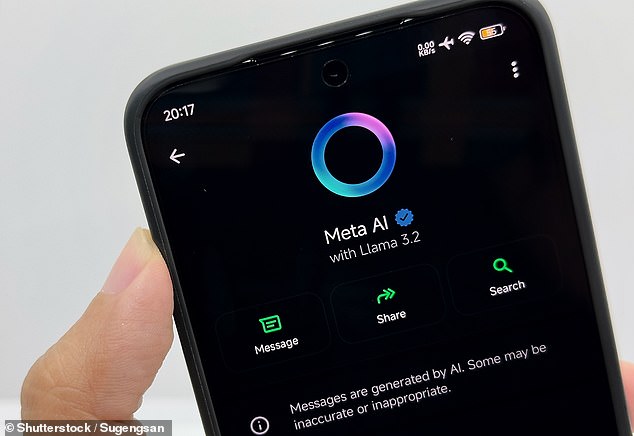
WhatsApp Expands AI Features Despite Backlash Over Meta’s ‘Annoying’ Tools
WhatsApp’s New AI Features Spark User Backlash and Privacy Concerns
WhatsApp’s latest AI-driven updates, including an "annuoying" new button and "Private Processing" tools, have drawn criticism from users, with many calling the features intrusive and questioning their privacy implications. The Meta-owned platform is rolling out AI-generated writing suggestions and message summaries, aiming to transform the app into a hub for AI assistance. However, the rollout has been rocky, with users and experts raising alarms.
User Frustration Over the AI Button
The AI button, a blue-purple icon positioned near the chat interface, has become a pain point. Users report accidentally triggering it while navigating chats, leading to complaints on social media. One X user ranted, "How do I remove this button? I’ll never use it!" Another joked about tossing their phone into a river out of frustration. While Meta insists the feature is optional, its prominent placement has made it hard to ignore.
Privacy Concerns and Expert Warnings
Cybersecurity expert Adrianus Warmenhoven highlights that processing data on external servers (rather than locally) poses risks, even with encryption. "Any time data leaves your device, it introduces new vulnerabilities," he warns. Meta claims third parties can’t access chats, but critics argue the setup still weakens privacy. The debate centers on balancing AI convenience with WhatsApp’s end-to-end encryption promise.
What Is Meta AI?
Meta AI, the chatbot powering these features, functions similarly to ChatGPT. Accessible via the controversial button, it offers answers, ideas, and summaries. Users can also tag "@MetaAI" in chats to pull the bot into conversations. Despite its utility, the tool’s integration has been criticized as clumsy, with users calling it "rubbish" and "annoying."
Data Usage Controversy
Meta has faced backlash for training its AI on user data without explicit consent in some regions. In the UK, notifications revealed the use of posts, photos, and messages to refine the AI, sparking privacy debates. While Meta argues this data helps improve services, skeptics question the ethics of such practices.
The Bigger Picture
Meta plans to launch a standalone AI app, expanding its ecosystem. However, trust remains a hurdle. Reviews of Meta AI in the U.S. note its fun but unreliable nature, with inaccuracies in tasks like recipe suggestions. Social media consultant Rhea Freeman acknowledges the tool’s potential but urges caution, noting, "AI is learning—it’s not infallible."
Conclusion
WhatsApp’s AI push reflects Meta’s broader ambition to lead in generative AI. Yet, the backlash underscores the challenges of integrating such tools without compromising user experience or privacy. As one user quipped, "Meta knows enough about us already." The company’s next steps—balancing innovation with transparency—will be crucial in winning over skeptics.
(Images in the original article show the AI button’s placement, user interface examples, and Meta’s promotional visuals for the feature.)


